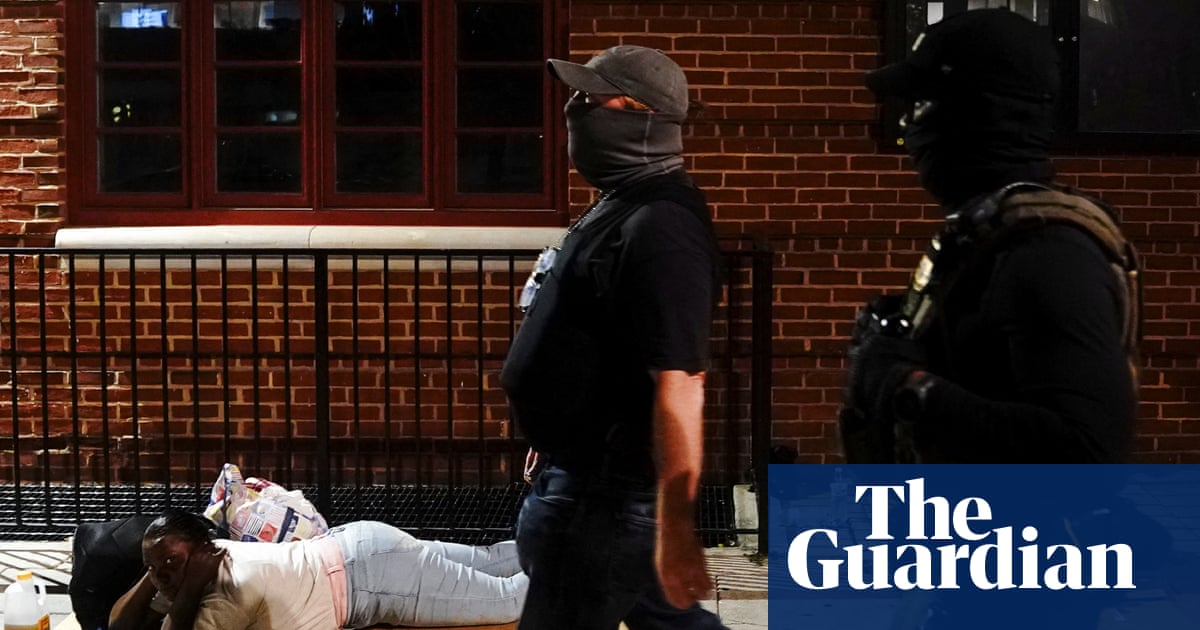
"Aqeela Sherrills, a longtime community violence intervention leader in Los Angeles, states that police are about response, but they do not create safety. Many urban communities have been war zones due to a lack of investment in infrastructure and programming. It is disheartening to see misinformation spread by the president of the United States about crime and safety."
"Violence prevention workers argue that the increased militarization of law enforcement and legal protections for police proposed by the administration will do little to stop the cycles of violence and property crime experienced by lower-income Black and Latino communities."
Trump's portrayal of crime in cities like Oakland, Philadelphia, and Chicago, coupled with his proposal to increase militarization of law enforcement, raises questions about effective crime prevention. Violence prevention workers criticize this approach, arguing it neglects the needs of lower-income Black and Latino victims. They claim that solely emphasizing law enforcement fails to address the root causes of crime. Community leaders, such as Aqeela Sherrills, emphasize the importance of investing in infrastructure and local organizations to create safety and reduce violence through community-based interventions.
Read at www.theguardian.com
Unable to calculate read time
Collection
[
|
...
]